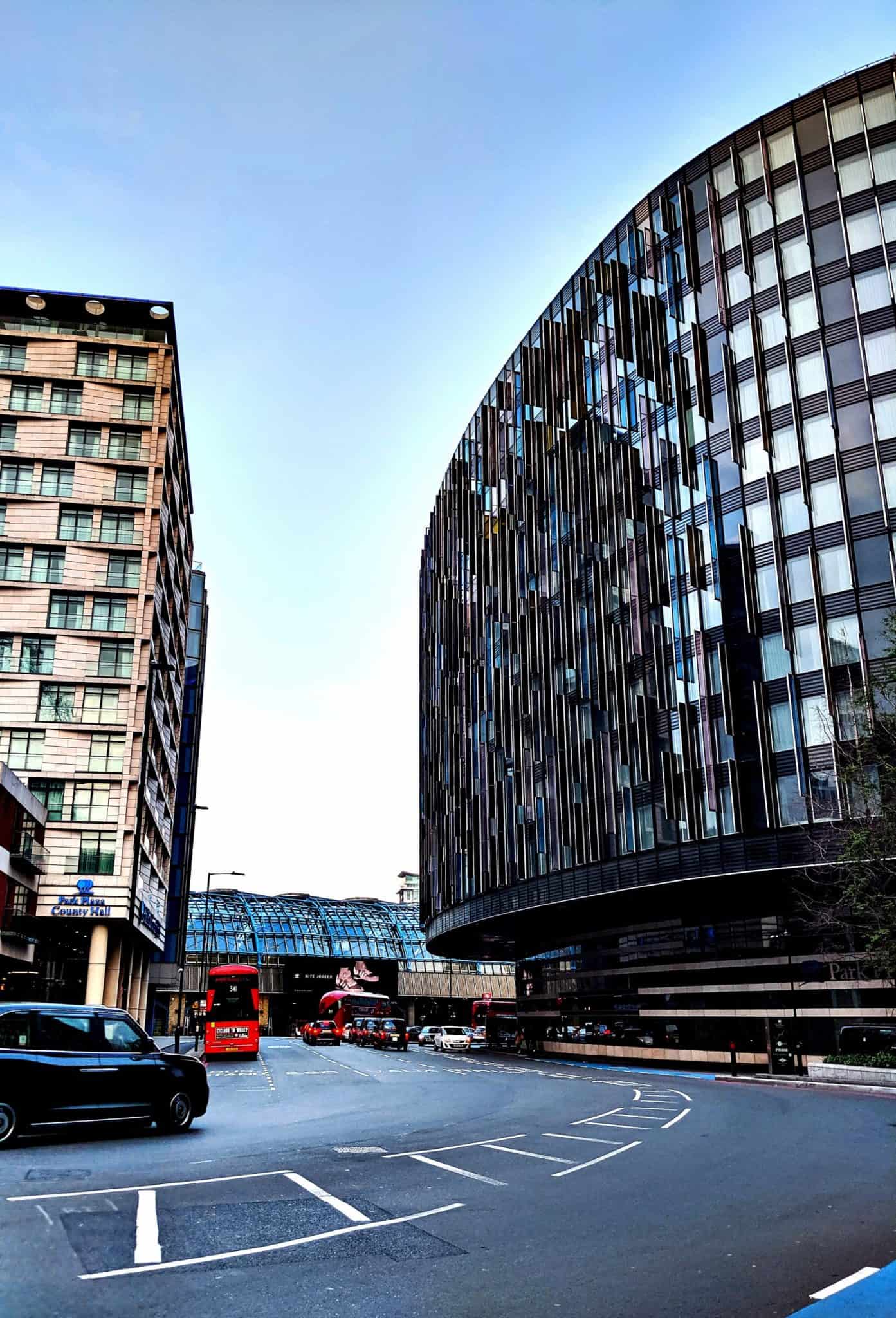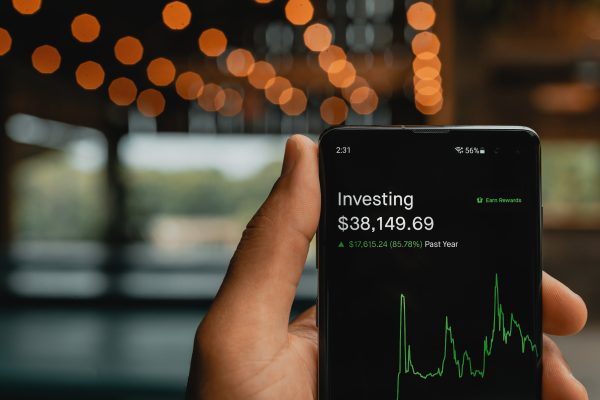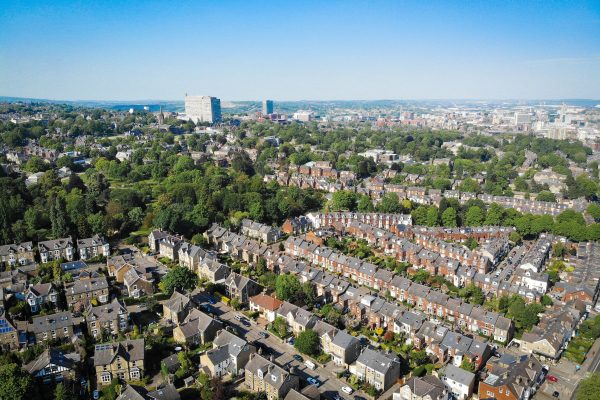What will the property market look like in 2021? – IslamicFinanceGuru

7 min read
Published:
Updated:

Mohsin Patel
Co-founder
As we heard towards the final quarter of this calendar year, many of us will be looking forward to waving goodbye to 2020. But the stark reality is that despite what the ads might tell you, 1 January 2021 will not be a clean slate. The coronavirus crisis will rumble on in to 2021 and beyond.
And the real estate market is one area where its consequences will be particularly profound. In this article, I want to pen some thoughts on how the property market might look in 2021. I also invite you to share your thoughts in the comments too.
Residential Market
It’s been fascinating to see the residential market play out during the crisis. In August 2020, Nationwide announced that house prices were now at an all-time high.
Rightmove announced that July 2020 witnessed a massive £37bn worth of property sales agreed in July 2020.
Despite all the turmoil in 2020, even the Land Registry’s own data show that the average house price in August 2020 was about 1% higher than in August 2019.
What’s driving this?
Given that all the data is telling us that the property has actually become more expensive, it’s worth thinking about why.
One of the big reasons is of course that the Government themselves really got behind propping up the property market. In June, the Chancellor scrapped stamp duty for all house purchases under £500k.. Prior to that, May had seen a fall in house prices for the first time in 8 years.
This move caused average savings of around £4,500. That’s almost 2% of the average house price for August 2020 (£235,673). It’s no wonder that people are willing to absorb this cost into the asking price of the house itself.
The Bounce Back Loan Scheme has also, in my view, played a big part. For those unfamiliar, this is a scheme available to business owners who can access up to £50,000 interest-free for a year. The checks are extremely light and even after the first year, the interest rate is low at 2.5%.
Anecdotally, I know of people in my network (both Muslim and non-Muslim) who have businesses and therefore can easily access £50k at a time for each of their businesses without much sweat at all. This ease of access has meant that they have ploughed that capital into assets like property. They know full well that they can repay the £50k at the end of year 1. Or, unfortunately, just pay the low interest rate after.
Even though the scheme is designed to give businesses money to invest in their own business, the reality is that it’s nigh-on impossible to check. So it’s effectively ended up being a cheap loan for many people to invest in houses.
Expert comment
I caught up with Taha Dar, founder of SearchSmartly and asked him what he has been seeing in the market recently:
““The market has seen several recent trends that have combined to drive up housing demand. First, there has been pent-up demand as a result of the market essentially being put on hold due to lockdown. Second, COVID has led to a re-evaluation amongst many on how and where they wish to live.
With people feeling less constrained to their place of work, the average person can now make different lifestyle tradeoffs, for example having a second bedroom or living in areas with more green space on offer. Here at SearchSmartly, we’ve seen a surge in people looking at 1hr+ commutes to central London, whereas most pre-COVID home searches were for properties with a 40min commute to various central London locations.
Finally, the government’s initiative to cut stamp duty has accelerated things further, and as a result the current housing market outlook looks much brighter than many might have expected a few months ago.”
So where does that leave us for 2021?
Whilst the residential market has been propped up for now, I suspect that darker days are ahead. With mass unemployment around the corner according to the Bank of England, we could be headed for levels that we only previously saw in the last crisis of 2008.
As a reminder, the house price average in January 2008 was £185, 782 which fell to £154,452 (March 2009). It did climb from there every month, but took until May 2014 to get back to the January 2008 levels. In other words, crashes come quickly and take longer to recover.
And I think something similar will happen over the course of 2021 as Government support dries up. The stark economic reality for individual households will kick in.
Investment Strategy
If that outlook is right, then it will suit those who are cash-rich and able to capitalise on any downturn. If you can pick up assets cheaply and hold for the next 5-10 years, that will be a great result. Of course the tricky bit will be figuring out when the bottom has hit the property market. It always sounds easy to say that you will buy when the market crashes. In reality it is much harder when there are panic stations all round.
Commercial Market
I have historically preferred commercial property over residential property for the simple reason that it’s more favourable to landlords. You can get tenants in on long leases which tie them into doing things like refurbishing the property every year. They also tend to be much more reliable and sticky.
That was, of course, until something like coronavirus comes round. The City is dead, office spaces are empty, and workers are settling in to working from home.
Pret A Manger recently announced 1,000 job cuts and 30 store closures given their heavy exposure to these city centre locations which are now deserted.
And commercial property (which is not just office blocks but also units on an industrial estate) has taken a massive hit as a result. Companies are starting to realise that they can work in a more distributed way. They’re either moving fully remote or they’re accepting that a significant portion of their workforce will be fully remote in the future. Facebook recently announced this, for example.
Anecdotally, I know from people in the startup community who had large office space in London who have either downsized or whose office lease has luckily come to an end and they’ve paused looking for a new space and are simply working remotely right now.
CBRE data tells us that availability of central London space reached the highest level since 2010.
Where does that leave the commercial property market in 2021?
In a tricky place. Despite the Government’s best efforts to get people back to work physically, ultimately the people will decide.
I suspect that the Government could release some sort of scheme that promoted workers going back into the office. There is a lot to lose if city centres and big commercial areas start becoming deserted.
In addition to that, commercial property has been the mainstay of large pension funds and wealthy people. The types who can give significant donations to political parties. If the Government just let the commercial property market slide into an abyss without doing something, they would be shooting themselves in the foot.
Some forces are greater than the selective interests of a few though. It may well be that this pandemic causes a seismic shift in the behaviour of the masses. A life living in the countryside and not having to go into the city is extremely appealing. Others are clamouring to go back to the office. You will find the same mix amongst employers too: some employers are seriously thinking about whether they can go remote-first.
Naturally, some jobs are only possible whilst physically present. I expect to see prices in those sorts of commercial properties either staying the same or increasing as investors flock there.
Investment Strategy
It’s a bit more difficult to predict the commercial market. My feeling is that the large office blocks will suffer. The owners of these tend not to be people like you and me. They tend, instead, to be large funds or family offices. A hit to the income element of their portfolio will leave them questioning whether it’s worth holding the asset. So we may well see some really interesting commercial property coming up for sale at fire-sale prices if there are no immediate takers.
What I would expect though is that the more unglamorous commercial property will remain very solid. I’m talking here about the warehouses on industrial estates and similar types. Businesses which make a lot of money doing stuff physically out of a warehouse.
The rise of e-commerce has compounded this. People only think about the slick online interface when it comes to e-commerce, but many forget that this is all backed by large warehouses with large stockpiles.
Again, I have heard anecdotally that warehouse space is becoming increasingly difficult to get hold of. Landlords know they can get very good rental rates and I expect that many large investors will be looking to buy up large industrial units. This FT article seems to back that up too.
At the individual level, if you are able to snap up a commercial unit in a good area, it may well prove a canny purchase. Commercial leases typically have higher demands on the tenant. Sometimes the tenant will be responsible for maintaining and refurbishing the property annually, for example. And commercial tenants tend to be much more reliable than residential tenants, with a much more vested financial interest in keeping your property clean and safe.
Conclusions
It’s going to be really interesting to see how the property market pans out in 2021. A fall in residential prices once the propping up of that market stops is completely possible.
In the commercial arena, there may well be some interesting bargains coming up for office space and if you have smart ideas or a particular edge on how you can get tenants in, they could prove a great buy.
Staying in the commercial arena, warehouse space seems to be the area to flock to but on the flip side, prices may well be driven up by those in the know doing the very same thing.
What are your thoughts? Let me know in the comments!
Related Articles
View all
Stock Market Rally: What does it mean for your portfolio?
21 July 2023 6 min read

The State of the Housing Market 2023
02 March 2023 9 min read

